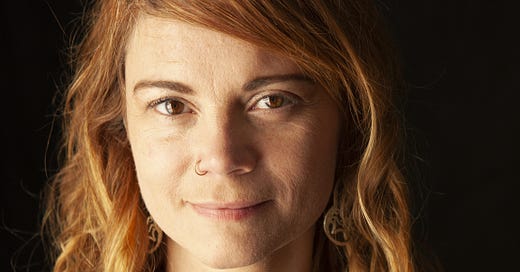Don't Take the Bait (Corrected!)
The following is a talk I gave at the Friday Arts Project in Rock Hill, South Carolina, last year. I hope you enjoy it.
This is a free edition of Vesperisms. If you’d like to support the podcast and this Substack, please consider a paid subscription. Thank you.
Keep reading with a 7-day free trial
Subscribe to Vesperisms: The Art of Thinking for Yourself to keep reading this post and get 7 days of free access to the full post archives.



